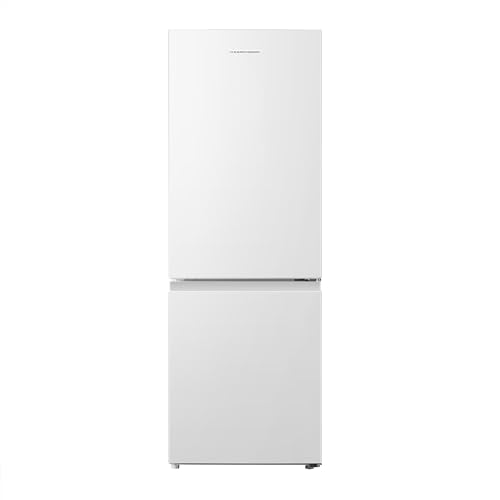How long does a refrigerator usually last?
A refrigerator is a valuable appliance that is used daily in most households. It is essential for keeping food fresh and maintaining a comfortable living environment. However, like any other appliance, refrigerators have a limited lifespan. So, how long can you expect your refrigerator to last?
The average lifespan of a refrigerator
On average, a refrigerator will last between 10 and 15 years. However, this can vary depending on several factors, such as the model, brand, usage, and maintenance. Higher-end models tend to have a longer lifespan compared to cheaper ones, and proper care and maintenance can significantly extend the life of your refrigerator.
Factors that affect the lifespan
Several factors can impact the lifespan of your refrigerator:
- Brand and model: Some brands are known for manufacturing high-quality, long-lasting refrigerators. It’s worth doing some research to find a reliable brand and model.
- Usage: The more frequently you open and close your refrigerator, the harder it has to work to maintain a consistent temperature. Excessive use can put strain on the compressor and other components, shortening the lifespan of the appliance.
- Maintenance: Regular maintenance, such as cleaning the coils, replacing worn-out parts, and defrosting when needed, can help extend the life of your refrigerator. Neglecting maintenance can lead to more significant issues and a shorter lifespan.
- Environmental conditions: Extreme temperatures and humidity levels can impact the efficiency and lifespan of your refrigerator. Placing your refrigerator in a hot garage or near a heat source can cause it to work harder, which may shorten its lifespan.
Signs it’s time to replace your refrigerator
While refrigerators can last up to 15 years with proper care, there are signs that indicate it might be time to replace your appliance:
- Frequent breakdowns and repairs: If your refrigerator is constantly breaking down and requiring repairs, it may be more cost-effective to invest in a new one.
- Decreased efficiency: If you notice a significant increase in your energy bills or your refrigerator struggles to maintain a consistent temperature, it may be nearing the end of its lifespan.
- Strange noises and odors: Unusual noises, such as loud humming or rattling, and unpleasant odors coming from your refrigerator may indicate underlying issues that could be costly to repair.
- Visible wear and tear: If your refrigerator’s interior or exterior is visibly worn, rusted, or damaged, it may be a sign that it’s time to upgrade to a new one.
Tips for maximizing your refrigerator’s lifespan
While the lifespan of a refrigerator is ultimately determined by several factors, there are steps you can take to maximize its longevity:
- Keep it clean: Regularly clean the interior and exterior of your refrigerator to prevent dirt, dust, and food debris from accumulating. Clean the coils at least twice a year to improve efficiency and prolong the life of the appliance.
- Avoid overloading: Overloading your refrigerator can strain the compressor and other components, leading to premature wear and tear. Allow for proper airflow to ensure optimal cooling.
- Monitor the temperature: Keep an eye on the temperature settings of your refrigerator. Extreme temperatures can put stress on the appliance and impact its efficiency and lifespan.
- Use proper ventilation: Ensure there is enough space around your refrigerator to allow for proper ventilation. Avoid placing it directly against a wall or surrounding it with other objects that restrict airflow.
- Address issues promptly: If you notice any unusual behavior, such as leaks or strange noises, address them promptly to prevent further damage and potentially extend the lifespan of your refrigerator.
In conclusion, the average lifespan of a refrigerator is between 10 and 15 years, but this can vary based on factors such as brand, model, usage, and maintenance. By following proper maintenance practices and addressing issues promptly, you can maximize the lifespan of your refrigerator and enjoy reliable performance for years to come.




![COMFEE' RCD93WH1(E) A Under Counter Fridge, 93L Fridge with Cooler Box, Interior Light, Removable Glass Shelf, Reversible Door Hinge, Adjustable Legs, White [Energy Class F]](https://m.media-amazon.com/images/I/51SGR0VK5ZL.jpg)

